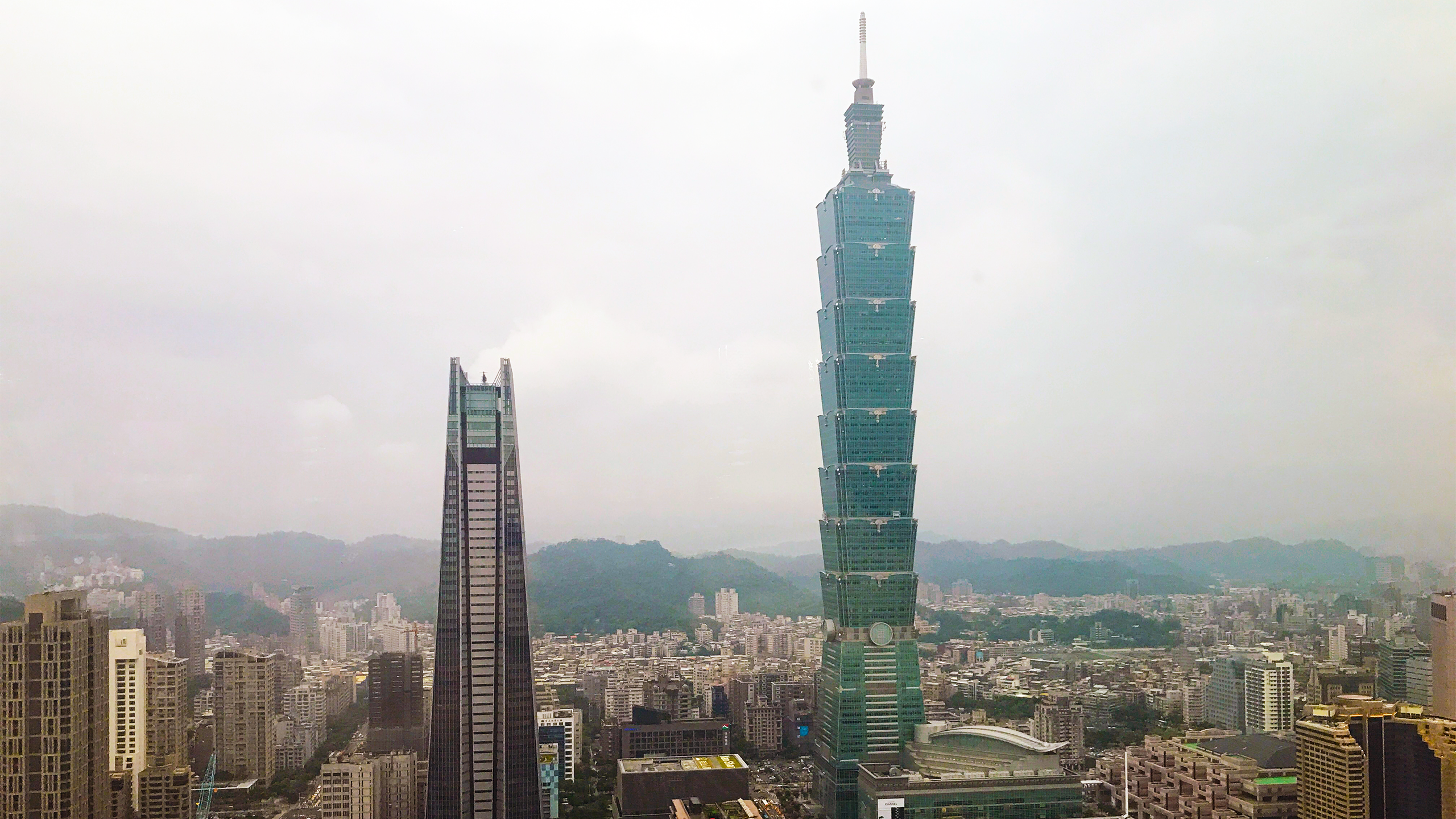U.S. Treasury Secretary calls Taiwan 'world's biggest single point of failure' — Lion's share of advanced chips are made in Taiwan
What about Intel?

This week, U.S. Treasury Secretary Scott Bessent warned about the over-reliance of global high-tech industry on Taiwan, calling the nation 'world's biggest single point of failure' as the lion's share of the most advanced processors are made in Taiwan, he told Fox Business (via SemiVision). He urged urgent action to distribute chip production across multiple friendly regions to avoid a catastrophic collapse if disruptions occur. However, in his rhetoric Bessent seems to forget about Intel.
"The single greatest point of failure for the world economy is that 99% of the high-performance chips are produced in Taiwan," Bessent said, according to Reuters. "They do a great job, they have a wonderful ecosystem, but in terms of risk management, I do not know whether it is 30%, 40%, 50% of our needs, we have got to bring back to the U.S. or our allies, whether it is Japan or the Middle East, and we are working on that every day."
Bessent emphasized the sheer concentration of such a vital industry in one geographic area presents a dangerous scenario: if Taiwan's fabs were forced to stop — whether due to geopolitical tensions or natural disasters — the ripple effects would severely impact the global economy and technological infrastructure.
To address this vulnerability, he outlined the need to relocate a significant portion of production — from 30% to 50% — to the U.S. and and its allies, such as Japan or even nations in the Middle East. While not quantifying exact volumes, he stressed that reliance on one hub for high-performance semiconductors is unsustainable and invites unnecessary exposure to external shocks.
Bessent noted that efforts are underway to bring more fabrication capacity back to the United States. While Trump's government does not exactly endorse CHIPS and Science Act, the government is obliged to pay the already allocated grants. Meanwhile, the current U.S. government seems to believe that encouraging chipmakers with a stick — such as a 100% import tariff, or the recently discussed 1:1 policy — is more efficient than Biden's encouragement using the CHIPS Act grants as a carrot.
The Treasury Secretary framed the issue as not just economic but strategic, saying that developing chipmaking infrastructure on U.S. soil is now a daily focus of policy and planning. However, Bessent has perhaps forgotten that Intel — makers of Xeon processors that power the lion's share of servers around the world — produces most of its processors in the U.S. using its existing fabs and supply chain.
While Bessent's comments highlight a growing awareness in the Trump administration that modern economies are critically dependent on a narrow segment of the global supply chain and the fact that TSMC is now the world's biggest advanced logic chipmaker, forgetting Intel, which produces its most advanced chips in the U.S., and Samsung, which operates in America and South Korea, perhaps shows that the current U.S. government may miss the whole picture.
Get Tom's Hardware's best news and in-depth reviews, straight to your inbox.
Follow Tom's Hardware on Google News, or add us as a preferred source, to get our up-to-date news, analysis, and reviews in your feeds. Make sure to click the Follow button!

Anton Shilov is a contributing writer at Tom’s Hardware. Over the past couple of decades, he has covered everything from CPUs and GPUs to supercomputers and from modern process technologies and latest fab tools to high-tech industry trends.
-
rluker5 Bessent is forgetting about Samsung and Intel, but does have a point that it would be a disaster if TSMC no longer delivered chips to many markets and that relying less on that one provider mitigates this.Reply